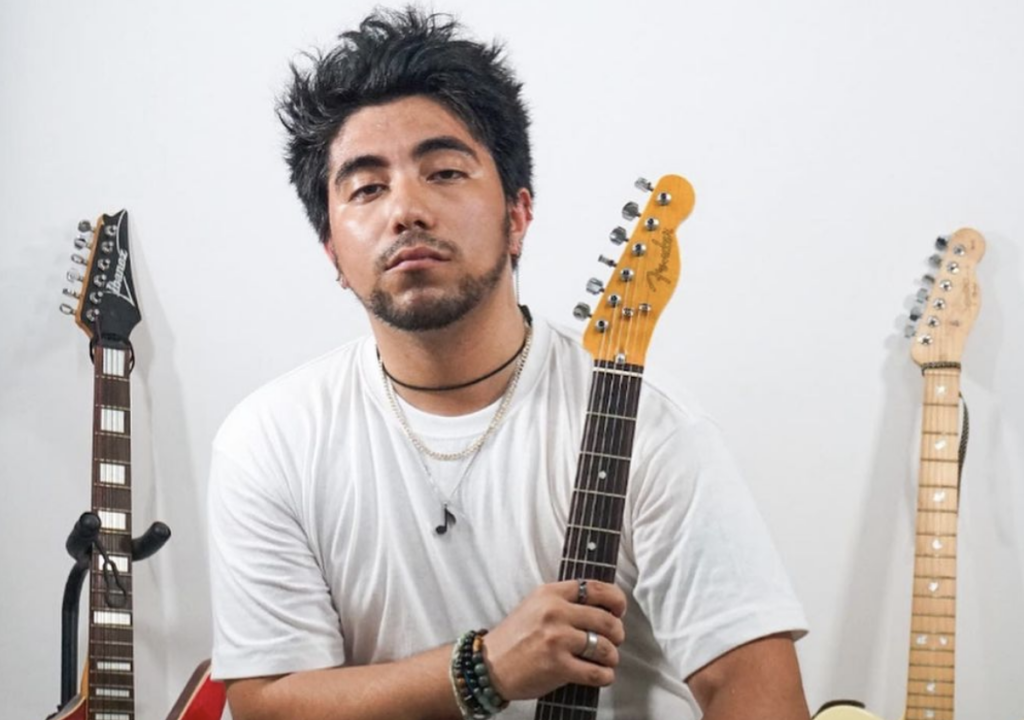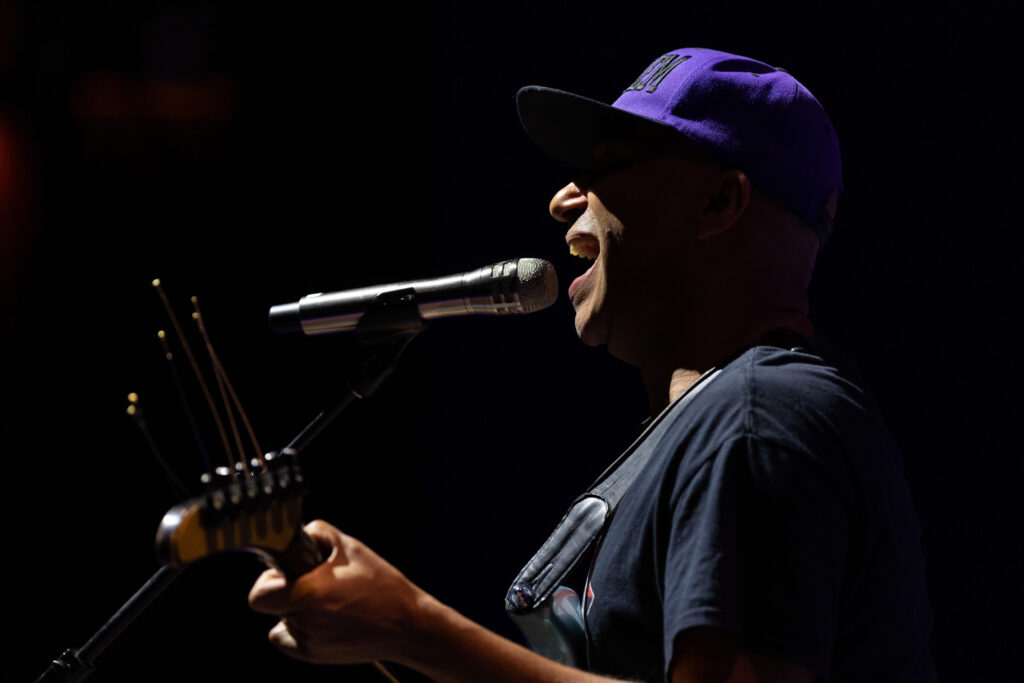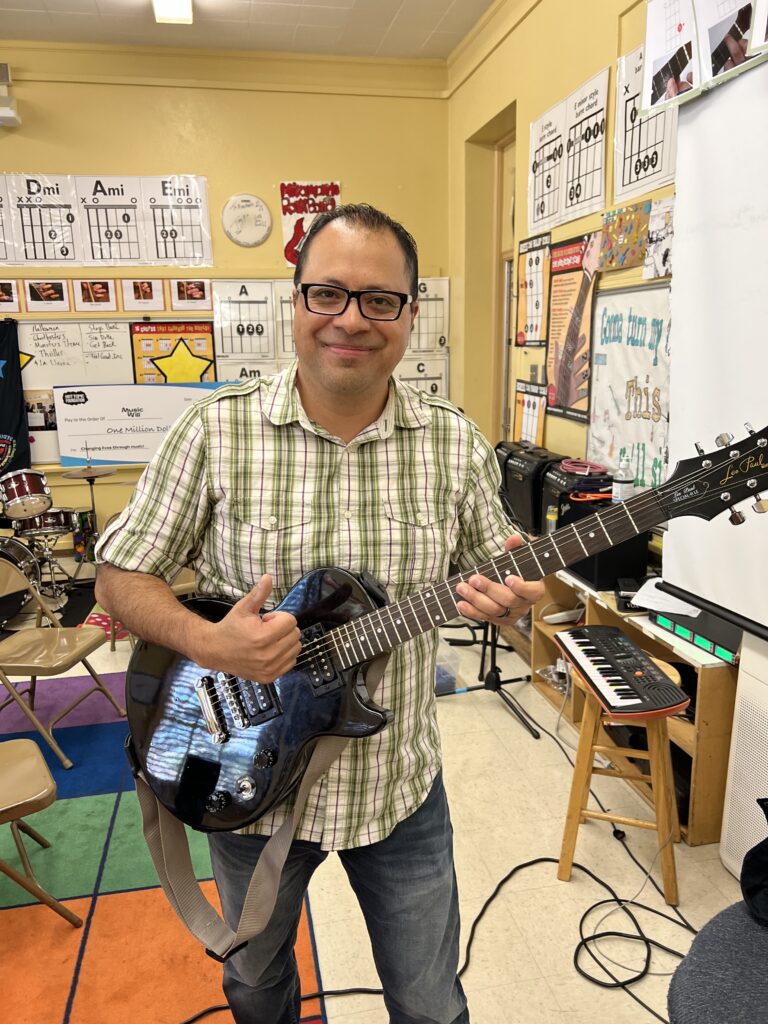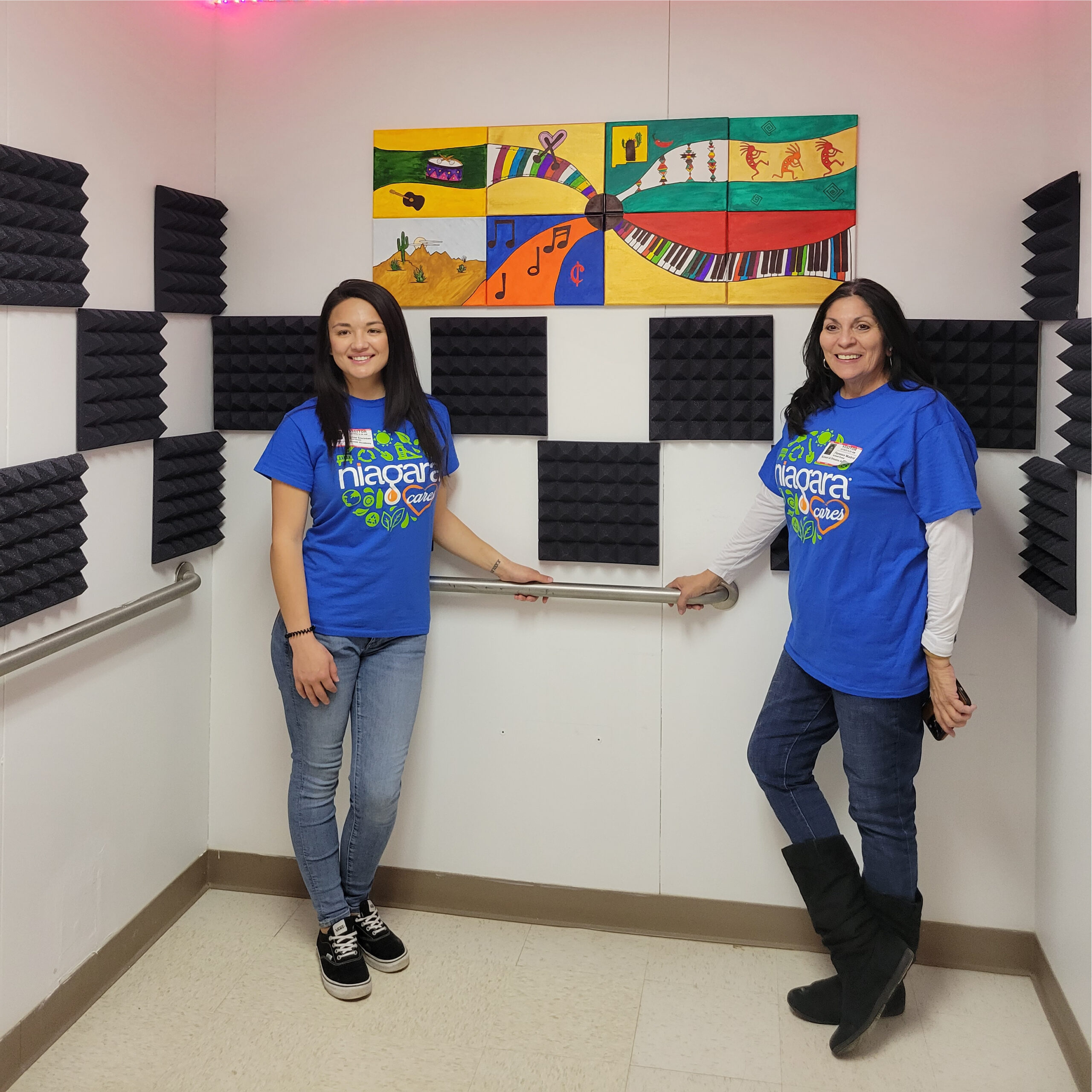Public education in the United States is often woefully under-funded, especially in the arts, despite a federal mandate to provide music education for all. Where music programs exist in US schools, they tend to focus on teacher-directed large ensembles that afford students little agency or creative opportunity, playing music that alienates a majority of young people. Faced with the volume of evidence pointing to the benefits of including music in a well-rounded education, philanthropy funded nonprofit companies such as Music Will step in to fill the vacuum in state provision. This paper is a descriptive, intrinsic case study that describes how Music Will provides culturally relevant music making experiences for young people in schools, through a learning approach called music as a second language and alternative music classes termed modern band. Music Will builds a nationwide community of innovative music pedagogues by training teachers, donating musical instruments and sharing original curricular resources. This paper includes examples of two modern band teachers – one working in a rock band context, and the other a hip hop facilitator. The work of these and other teachers is ever more urgent in an era in which the U.S. perpetuates an intense neoliberal capitalism that oppresses and marginalizes vast numbers of its own people. Music Will aims to foster artistic citizenship wherein music makers recognize social and emancipatory responsibilities with the aim of transforming lives for the better.






